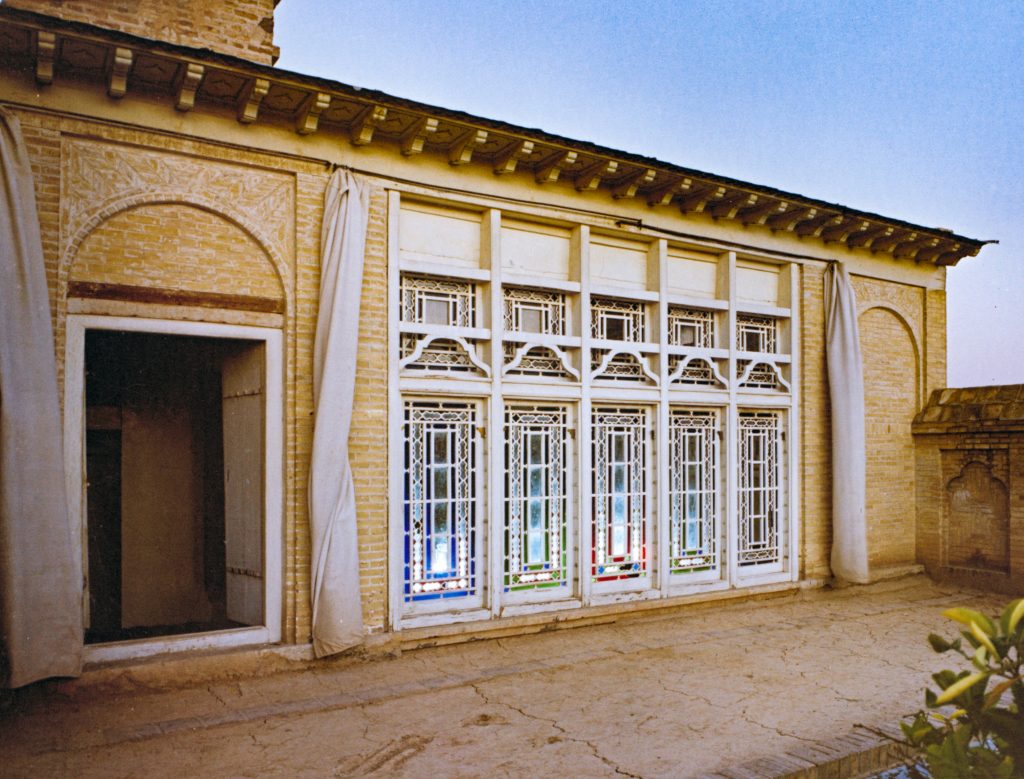Shawn W. Rosenberg claims that western democracy is devouring itself and won’t last. Rosenberg’s prognosis is that over the coming decades, western democracies will decline in number. Those that remain will become shrivelled pseudo-democratic incarnations of themselves. Right-wing populist governments will offer voters (and increasingly non-voting citizens) simple answers to complicated questions.
And therein lies the core of his argument: Democracy is difficult and requires effort from those who participate in it. It requires people to: respect those with different views from theirs and people who don’t look like them; process vast amounts of information and separate good from bad, truth from falsehood; apply thoughtfulness, discipline and logic.
While Rosenberg focuses his professional attention on what is happening, my amateur status allows me to fantasize on why. Once again, I will target the evils of conservative and libertarian economics, which has created a miniscule minority of winners, while it has also created an ever increasing mob of losers: People pressed into earning less than a living wage, whose time has been stolen from them, so they have little opportunity for rest (including proper sleep) and relaxation, let alone for the effort required to maintain a democracy.
Democracy is not a single, unified way of governing, but a family of approaches to government. American political scientist Larry Diamond, states that a democracy must fulfill four key characteristics: a political system for choosing and replacing the government through free and fair elections; the active participation of the people, as citizens, in politics and civic life; protection of the human rights of all citizens; a rule of law, in which the laws and procedures apply equally to all citizens. See: Larry Diamond and Morlino, L., The quality of democracy. In Larry Diamond, In Search of Democracy (2016).
Said another way, democracy can be operationalized in different ways, yet still fulfill these four basic elements.
The Economist Intelligence Unit’s Democracy Index provides a snapshot of the state of democracy worldwide for 165 independent states and two territories. This covers almost the entire population of the world and the vast majority of the world’s states (microstates are excluded). The Democracy Index is based on five categories: electoral process and pluralism; civil liberties; the functioning of government; political participation; and political culture. Based on its scores on a range of indicators within these categories, each country is then itself classified as one of four types of regime: “full democracy ”; “flawed democracy ”; “hybrid regime”; and “authoritarian regime”. (p. 2)
My position is privileged, living in Norway, the country ranked #1, in the latest published (2018) Index, and raised in Canada, tied at #6. Altogether there are 20 full democracies of 167 countries, representing 4.5 percent of the world’s population.
This weblog post is scheduled for publication 2019-10-29, the day that celebrates the 200th anniversary of the birth of the Báb, born Siyyid `Alí Muhammad Shírází (1819 – 1850), the first of two prophets in the Bahá’í Faith.

The principles of the Baha’i Faith include: gender equality; the harmony of science and religion; the need for universal compulsory education; the need for a universal auxiliary language; an obligation to independently investigate truth; and, the elimination of extremes of wealth and poverty. One of the appeals of the Baha’i Faith, when I first encountered it in 1972, was its administrative order, including its system of elections. Perhaps that is what Shoghi Effendi (1897 – 1957), Guardian (head) of the Baha’i Faith from 1921 – 1957, was aware of, when he implemented the current incarnation of a Baha’i administrative order.
This administrative order does not pretend to be entirely democratic. Shoghi Effendi stated that it incorporates elements of autocracy, aristocracy and democracy. His objective was to include “such wholesome elements as are to be found in each one of them…” while excluding the “admitted evils inherent in each of these systems…” so it “cannot ever degenerate into any form of despotism, of oligarchy, or of demagogy which must sooner or later corrupt the machinery of all man-made and essentially defective political institutions.”
Baha’i elections are at variance from standard western democratic practice. At the local, regional (uncommon), national and world level there are boards (Spiritual Assemblies/ House of Justice) each currently consisting of nine members. Nominations and campaigning are prohibited to guard against manipulation. Voters are discouraged from consulting with each other about the suitability of individuals. However, they are encouraged to study and discuss, in abstract, the qualities needed to serve, but without to individuals. Individuals should be voted for on the basis of their qualities.
Many thanks to Jeanette Livesay, who provided inspiration, and a link to an article The Shocking Paper Predicting the End of Democracy: Human brains aren’t built for self-rule, says Shawn Rosenberg. That’s more evident than ever by Rick Shenkman in Politico.

